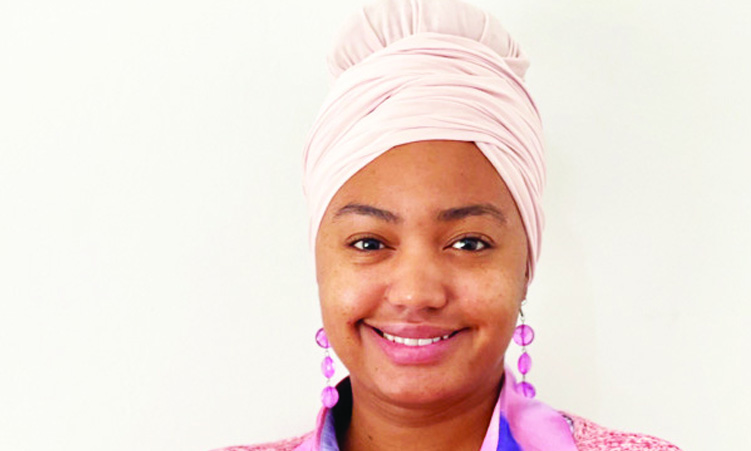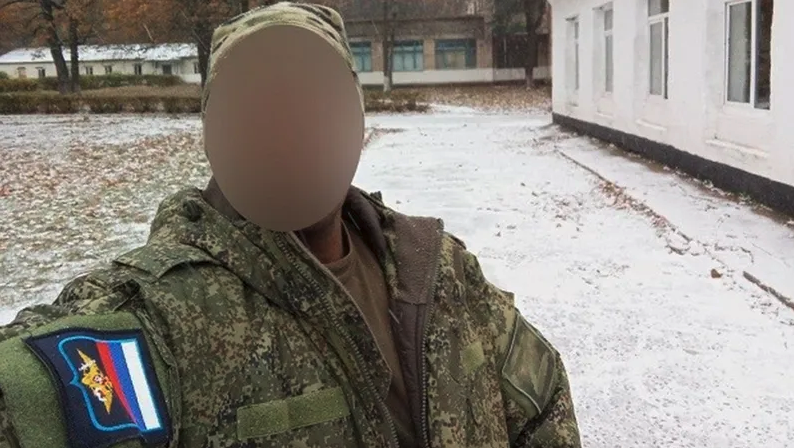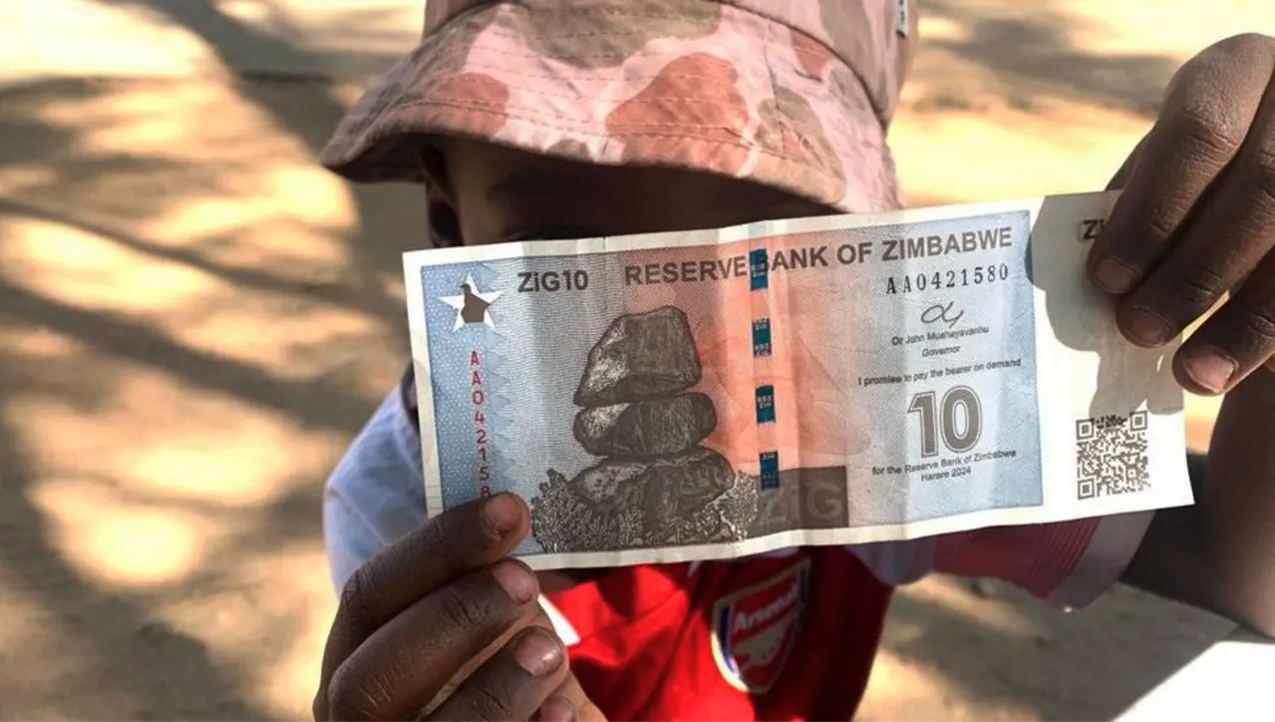Land delivery is a pressing issue in Africa, and Namibia is no exception. Affordable urban land is becoming increasingly scarce.
In Namibia, youth landlessness is especially depressing.
Most Namibian youths gain access to land through the very costly rental market. Others stay put in their parents’ houses because of limited access to affordable land and housing options.
Imagine the situation of those whose parents do not have a house of their own and are not able to rent.
The provision of land by local authorities remains a challenge and this reduces the ability of young people to access land.
Constrained access to land even compels some youths to enter relationships with the sole interest of having a place to stay.
Land is an asset and an economic backbone which people depend on for their livelihood.
Not having it deprives people of some of the socioeconomic potential land can unlock.
In rural areas, inheriting land under customary tenure systems is increasingly challenging as some youths must wait until the death of their parents for their share of family land.
Land allocation shortcomings experienced in communal areas also influence access – especially for women, because of local patrilineal systems of land inheritance.
This is despite legislation that advocates equal access to land, such as the Communal Land Reform Act 2002.
This abhorrent lack of access to land is one of the reasons rural-to-urban migration (where youths have a profound interest to leave their villages to access land in urban areas) is increasing.
KEY FACTORS
Research in South Africa shows that having land and being employed are interconnected.
This means land redistribution can create new jobs in sectors such as tourism and agriculture in Namibia.
Commendably, with limited and saturated formal sector jobs, many Namibian youths have turned to self-employment.
However, the challenge with ‘creating our own jobs’ is access to funding.
Banking institutions seek immovable assets such as land as collateral for loans.
Not only does this disqualify people with no land, but it excludes those who occupy land in informal areas without secure tenure.
It therefore limits access to credit which could empower the youth to create employment.
Land matters to the youth for self-reliant ventures such as job creation.
Together, land and its secure access constitute a key factor of production for youths interested in business start-ups.
So, what can be done to strengthen access to land for the youth?
OPPORTUNITIES
There is an urgent need to explore diverse solutions to enable the youth to have access to land and housing.
One opportunity worth exploring is establishing youth savings groups for land and housing access.
Savings groups for accessing land and resources is not uncommon in Namibia.
There are existing community savings initiatives such as the Shack Dwellers Federation of Namibia. This is an initiative the youth could adopt or join.
Youth savings groups provide an opportunity to save money to buy land or buy a house under an existing low-cost housing programme.
Savings groups can also be used to gain access to funds for buying building materials.
That aside, a youth savings groups can provide young people with financial services for investments in income-generating land-based activities.
A youth savings group supports participatory management of pooled funds and financial literacy for its members.
Having an organised group would even make it easier for financial institutions (such as banks) to provide wider financial support to its members.
It can also provide leverage to collectively engage and negotiate with local authorities to prioritise their needs for land and housing.
VIABILITY
Establishing a youth savings group in Namibia is a viable and feasible initiative.
It is viable because it will broaden the options for the youth to have funds to access land and housing.
It is feasible because many graduates in the land and property sector could assist with the operationalisation (by providing technical support) of youth savings groups to yield and maximise the efficiency of these groups.
I strongly recommend that the role of youth savings groups be explored to meet the collective need of land for Namibia’s youth.
More than anything, owning a piece of land goes beyond the economic benefits attached to it.
Everyone (including the youth) deserves to have a place to call home.
- Cathrine Marenga is a research assistant in the Department of Land and Spatial Sciences at Namibia University of Science and Technology (Nust) and the Youth Initiative for Land in Africa (YILAA) Namibia Focal Point. The views expressed in this article are entirely hers, and not those of Nust or YILAA.
Stay informed with The Namibian – your source for credible journalism. Get in-depth reporting and opinions for
only N$85 a month. Invest in journalism, invest in democracy –
Subscribe Now!






